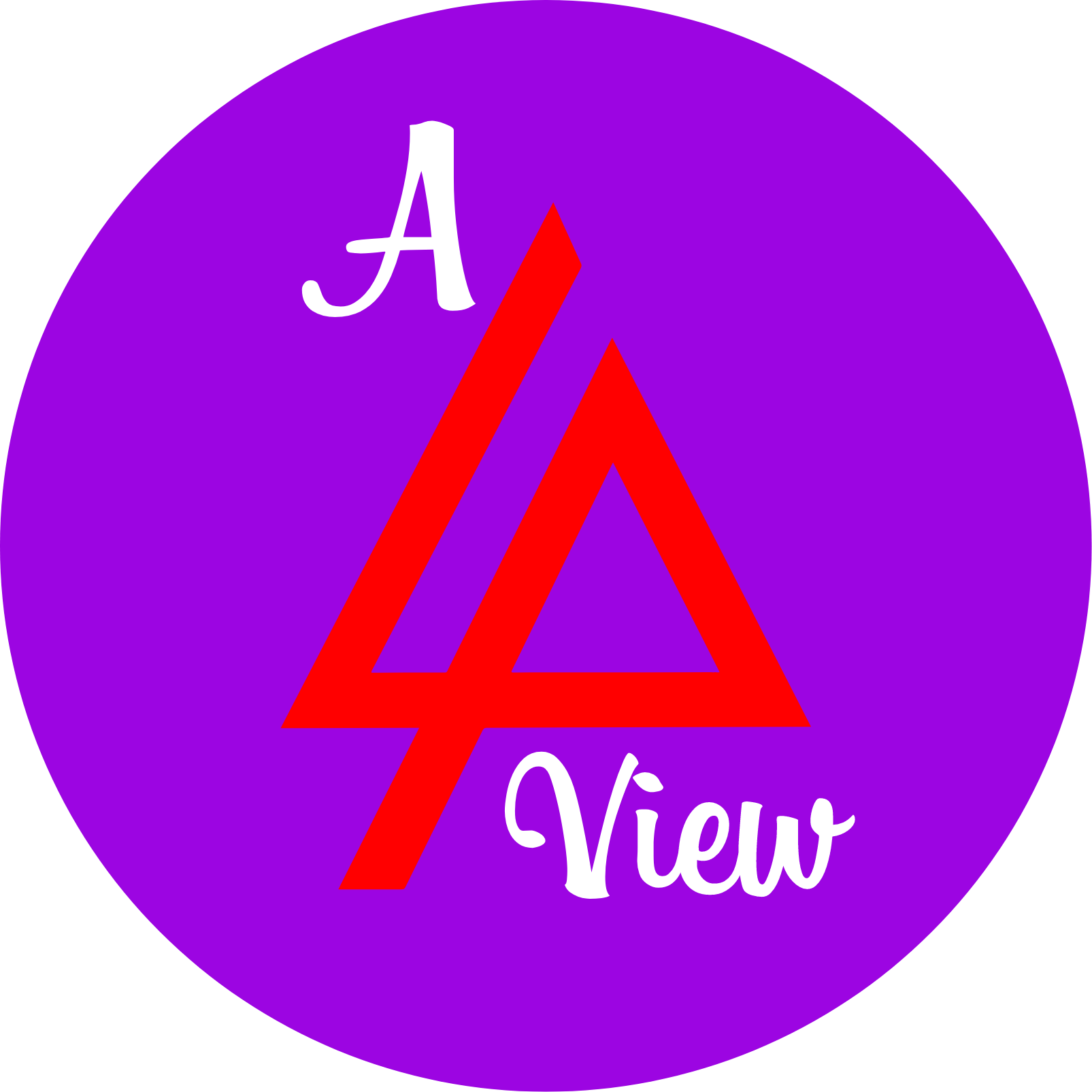KEY POINTS-
- Mind is a different dimension of existence than Life.
- Minded animals are characterized by a sensory-motor loop that allows them to move as a whole.
- Our Planet II is a beautiful documentary, but it is about Mind, rather than Life.
- We need to (re)learn how to see Mind in nature.

Co-authored with Marcia Gralha, MA
Imagine these scenes: A mega herd of buffalo majestically crossing the desert; a polar bear swimming through the arctic waters toward its unsuspecting prey, and albatross chicks boldly taking their first flight toward the open ocean. These breathtaking images were beautifully captured in the first episode of the Netflix documentary, Our Planet II.
When David Attenborough introduces the show, he characterizes the theme with the statement that “all life on Earth depends on the freedom to move.” To the modern listener, this may sound like an apt description. However, for those of us who speak the language of the Unified Theory of Knowledge, UTOK, there is an undeniable problem with it. It is symptomatic of a view of the world that we describe as mind-blind.
To understand what we mean, take a stroll through the nearest park, and consider the vast diversity of living organisms present. From minuscule bacteria to tall trees, and from tiny insects to lively birds and squirrels, life reveals itself in many forms. But despite the commonality of being alive, the behaviors of these organisms are actually quite distinct, especially when viewed through the lens of movement.
Although plants move, they also tend to stay rooted as they interact with environmental elements like sunlight, relying on their biological processes to sustain their aliveness. In contrast, animals get up and move purposefully as a unified entity, actively pursuing their valued goals. This sensory-motor loop, mediated by the nervous system and the animal’s complex active body, is a whole new dimension of complex adaptive behavior. What this means is that animals are not just alive; they are minded. That is, they use their complex active bodies and nervous systems to move around their environment in a dynamic, sensory-motor loop. As animals, we humans also exhibit minded behavior; however, we have added the capacity to generate linguistic justifications to interpret the world and attempt to convince others with reasons.
Why is it crucial to recognize the difference between mind (that is, the behaviors of minded animals) and life (that is, the behaviors of living organisms)? When “Our Planet II” claims that life depends on the freedom to move, and then proceeds to show only examples of minded behavior, the point becomes obvious: we have a blind spot in our grammar for understanding the natural world. We are, according to UTOK, mind-blind.
As you walk through the park, you will not see bushes and trees getting up and moving around. However, you will see birds flying around the trees, squirrels running toward fallen nuts, and spiders spinning their webs. Yet, we commonly refer to animals and living organisms alike as belonging to the domain of life, ignoring the mindedness of animals as the property that makes them different from plants. UTOK helps us see how and why modern knowledge systems have shaped us to be blind to the difference between “livingness” and "mindedness."
By replacing the initial phrase in the documentary with: “all Mind on earth depends on the freedom to move,” the subject of the documentary becomes much clearer. It shows how multiple species of animals utilize their ability to move via the sensory-motor loop to navigate the world in their efforts to survive and thrive. It also is likely that, if the narrator had said that, it would sound a bit odd to the modern listener. But that is the point. It is odd because we are mind-blind. Once you start seeing mindedness in the world, you will not be able to stop doing so, any more than you could stop seeing life. It is time for us to use the lens given by UTOK and (re)learn to see mindedness on our planet.


